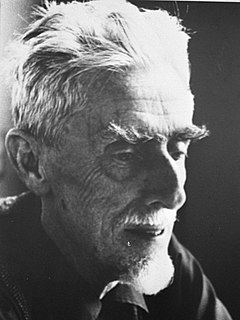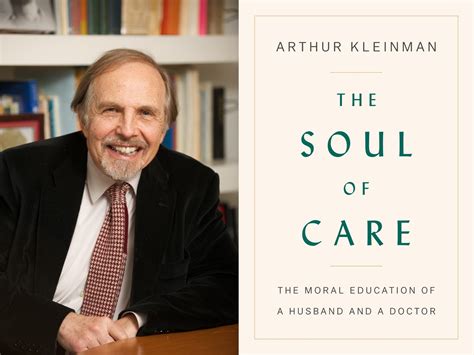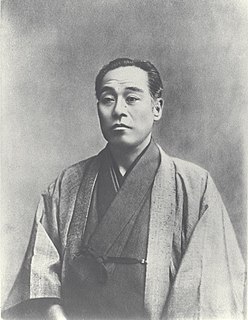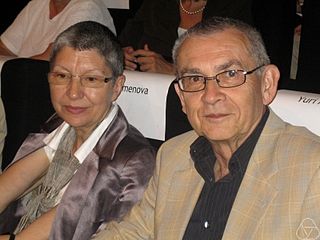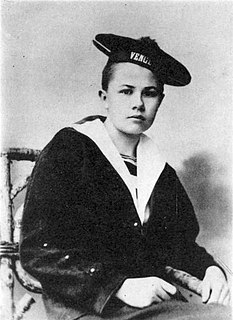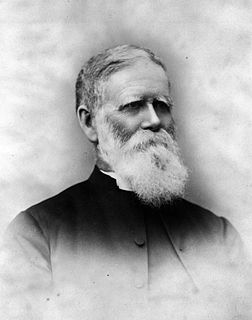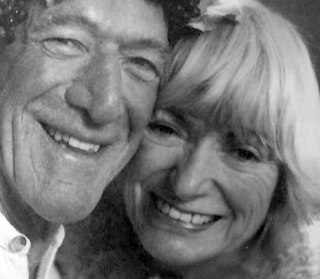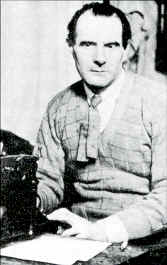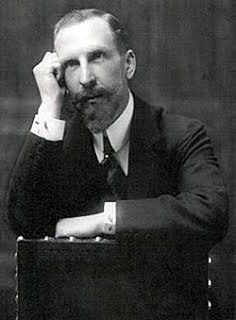A Quote by Antoine de Saint-Exupery
A civilization is a heritage of beliefs, customs, and knowledge slowly accumulated in the course of centuries, elements difficult at times to justify by logic, but justifying themselves as paths when they lead somewhere, since they open up for man his inner distance.
Related Quotes
In its broad sense, civilization means not only comfort in daily necessities but also the refining of knowledge and the cultivation of virtue so as to elevate human life to a higher plane... It refers to the attainment of both material well-being and the elevation of the human spirit, [but] since what produces man's well-being and refinement is knowledge and virtue, civilization ultimately means the progress of man's knowledge and virtue.
Civilization, that great fraud of our times, has promised man that by complicating his existence it would multiply his pleasures. ... Civilization has promised man freedom, at the cost of giving up everything dear to him, which it arrogantly treated as lies and fantasies. ... Hour by hour needs increase and are nearly always unsatisfied, peopling the earth with discontented rebels. The superfluous has become a necessity and luxuries indispensable.
Old age is the fourth stage. By the time one reaches this stage of his journey, he must have discovered that the joys available in this world are trivial and fleeting. He must be equipped with the higher knowledge of spiritual joy, available through delving into the inner spring of Bliss. Through his experiences, his heart must have softened and be filled with compassion. He has to be engrossed in promoting the progress of all beings without distinction. And he must be eager to share with others the knowledge he has accumulated and the benefit of his experiences.
Every thing useful and beneficial to man, seems to be connected with obedience to the laws of his nature, the inclinations, the duties, and the happiness of individuals, resolve themselves into customs and habits, favorable, in the highest degree, to society. In no case is this more apparent, than in the customs of nations respecting marriage.
The life-history of the individual is first and foremost an accommodation to the patterns and standards traditionally handed down in his community. From the moment of his birth the customs into which he is born shape his experience and behavior. By the time he can talk, he is the little creature of his culture, and by the time he is grown and able to take part in its activities, its habits are his habits, its beliefs his beliefs, its impossibilities his impossibilities.
Wine has been with us since the beginning of civilization. It is the temperate, civilized, sacred, romantic mealtime beverage recommended in the Bible. Wine has been praised for centuries by statesmen, philosophers, poets, and scholars. Wine in moderation is an integral part of our culture, heritage and gracious way of life.

